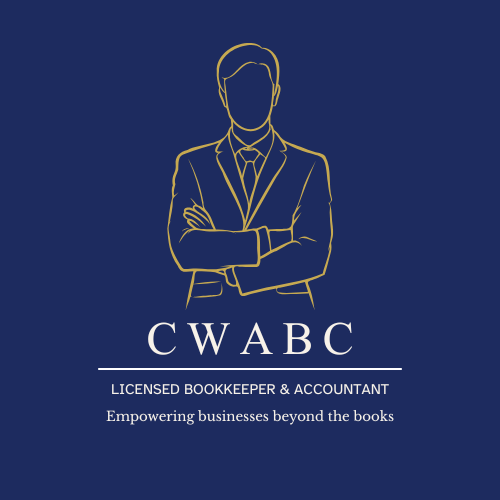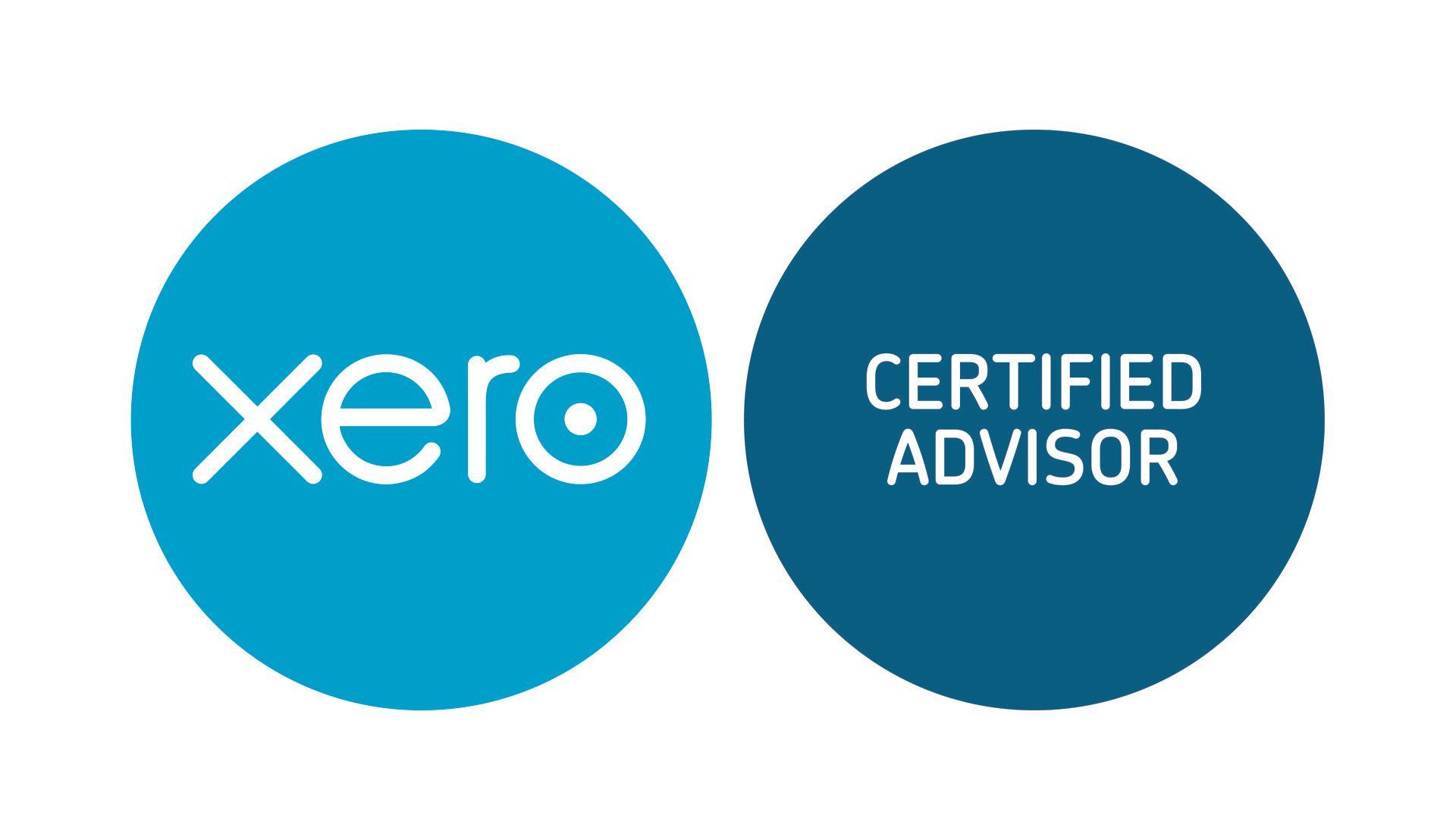Navigating the Changes to the 2023 Basis Period for Sole Traders in the UK
Introduction
For sole traders in the UK, understanding the nuances of taxation is essential to ensuring compliance and making informed financial decisions. One significant change that has come into effect from April 6, 2023, is the alteration to the basis period for tax calculation. In this blog, we'll explore the specifics of the changes to the basis period for sole traders, its implications, and how it impacts their tax responsibilities.
The Basis Period: A Brief Recap
Before we delve into the changes, let's revisit what the basis period means for sole traders. The basis period is the specific period for which a sole trader's business income and expenses are assessed for tax purposes. Traditionally, this period was tied to the tax year, spanning from April 6th to April 5th of the following year.
The New Basis Period System
From April 6, 2023, a pivotal change has been introduced to the basis period for sole traders. Under the new system, sole traders will be able to align their basis period with their accounting year-end. This means that the basis period will no longer strictly adhere to the standard tax year.
Implications for Sole Traders
- Flexibility in Tax Planning: The change offers sole traders the flexibility to choose an accounting year-end that mirrors their business operations. This is particularly beneficial for those with irregular income patterns, seasonal businesses, or businesses affected by external factors such as market trends or global events.
- Potential Shifts in Tax Liabilities: Sole traders will need to carefully analyze the impact of their chosen accounting year-end on their tax liabilities. Altering the basis period can potentially affect when income and expenses are recognized, thereby influencing the timing of tax payments.
- Record-Keeping and Compliance: As the basis period becomes less standardized, accurate record-keeping becomes paramount. Sole traders must meticulously document their income and expenses for each accounting period to ensure accurate reporting and compliance with tax regulations.
- Overlap Relief Changes: Just as with other taxpayers, the basis period change for sole traders also affects overlap relief. This relief, which previously provided tax benefits for overlapping accounting periods, will be phased out. Sole traders should adapt their tax planning strategies accordingly.
- Professional Guidance: Given the intricacies of aligning the basis period with accounting year-ends, seeking advice from tax professionals is highly recommended. Experts can guide sole traders through the transition, assist in choosing an appropriate accounting year-end, and ensure accurate tax calculations.
Conclusion
The 2023 basis period change marks a significant shift in how sole traders in the UK calculate their taxes. With the newfound flexibility to align the basis period with accounting year-ends, sole traders have the opportunity to optimize their tax planning to better suit their business cycles. However, this change also brings complexities that require thorough record-keeping, informed decision-making, and potentially adjustments to tax strategies. To navigate this transition successfully, sole traders should remain informed about the changes, seek professional guidance, and ensure compliance with the evolving tax regulations.















